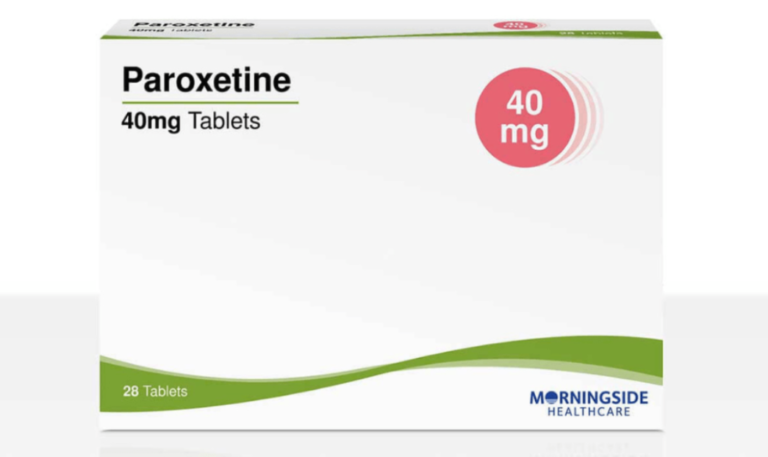Can you Snort Xanax?
Xanax is a brand name for the drug Alprazolam, a type of benzodiazepine medication commonly used to treat anxiety disorders, panic disorders, and depression. Xanax…
Xanax is a brand name for the drug Alprazolam, a type of benzodiazepine medication commonly used to treat anxiety disorders, panic disorders, and depression. Xanax works by enhancing the effects of a natural brain chemical called GABA, which reduces activity in the central nervous system, resulting in a calming effect. However, Xanax has a high potential for abuse and addiction, so it is classified as a Schedule IV controlled substance by the United States Drug Enforcement Administration (DEA). One question that often arises regarding “can you snort Xanax.” In this article, we will explore the answer to this question and discuss the potential risks and dangers associated with snorting Xanax.
Table of Contents
Can You Snort Xanax?
The short answer is yes, Xanax can be snorted, but it is not recommended. Xanax is typically taken orally, in the form of a pill, which is absorbed through the digestive system and then metabolized in the liver. However, some people choose to crush the pill into a powder and snort it, which delivers the drug directly to the bloodstream through the nasal mucosa. This method of administration is often preferred by individuals who want a faster onset of effects or who may have difficulty swallowing pills.
However, snorting Xanax is not a safe or effective way to use the drug. The nasal mucosa is not designed to absorb large amounts of drugs and can cause damage to the nose and throat. Additionally, snorting Xanax can lead to a number of adverse effects, such as:
- Irritation and damage to the nasal passages: Snorting Xanax can cause irritation and damage to the nasal passages, including bleeding, inflammation, and scarring. Over time, this can lead to chronic sinus problems, nasal congestion, and difficulty breathing.
- Overdose: Snorting Xanax can increase the risk of overdose due to the rapid absorption of the drug into the bloodstream. This is because snorting Xanax bypasses the digestive system, which normally filters out some of the drug before it reaches the bloodstream. An overdose of Xanax can be life-threatening and requires immediate medical attention.
- Addiction: Snorting Xanax can increase the risk of addiction due to the rapid onset of effects and the intense high that users experience. Over time, individuals who snort Xanax may develop a tolerance to the drug and require higher and more frequent doses to achieve the same effects.
- Respiratory depression: Xanax is a central nervous system depressant, which means it can slow down breathing and heart rate. When snorted, Xanax can increase the risk of respiratory depression, which can be dangerous and potentially life-threatening.
- Other adverse effects: Snorting Xanax can cause a range of other adverse effects, such as dizziness, nausea, confusion, memory problems, and impaired coordination.
Overall, snorting Xanax is not a safe or effective way to use the drug. If you are prescribed Xanax, it is important to take it as directed by your healthcare provider and to never exceed the recommended dose. If you are struggling with Xanax addiction or abuse, it is important to seek professional help as soon as possible.
Alternatives to Snorting Xanax
If you are having difficulty swallowing pills or prefer a faster onset of effects, there are alternatives to snorting Xanax that are safer and more effective. One option is to take Xanax sublingually, which involves placing the pill under the tongue and allowing it to dissolve. This method of administration can result in a faster onset of effects compared to oral administration, but without the risks associated with snorting.
Some potential alternatives to Xanax include:
- Therapy: Therapy, such as cognitive-behavioral therapy (CBT), can help individuals learn coping mechanisms for anxiety and depression. CBT can teach individuals skills such as mindfulness and relaxation techniques to help manage symptoms.
- Medications: There are a variety of medications that can be used to treat anxiety and depression, such as selective serotonin reuptake inhibitors (SSRIs) and serotonin-norepinephrine reuptake inhibitors (SNRIs). These medications work by increasing the levels of serotonin and norepinephrine in the brain, which can help to regulate mood.
- Lifestyle changes: Changing your lifestyle can also help manage anxiety and depression. This includes regular exercise, a healthy diet, and enough sleep.
It is important to talk to your healthcare provider before making any changes to your medication or treatment plan. Your healthcare provider can work with you to develop a plan that is tailored to your individual needs and preferences.
Conclusion
In conclusion, while Xanax can be snorted, it is not a safe or effective way to use the drug. Snorting Xanax can cause various adverse effects, including respiratory depression, addiction, and overdose. If you are struggling with anxiety or depression and are considering using Xanax, you must talk to your healthcare provider about your options. Various safe and effective treatments are available that can help manage symptoms and improve quality of life. Remember, you are not alone, and help is available.
Related Article: How Long Does Xanax Stay in Your System?
References:
- National Institute on Drug Abuse. (2018). Benzodiazepines and Opioids. Retrieved from https://www.drugabuse.gov/drug-topics/opioids/benzodiazepines-opioids
- National Institute of Mental Health. (2018). Anxiety Disorders. Retrieved from https://www.nimh.nih.gov/health/topics/anxiety-disorders/index.shtml
- American Psychiatric Association. (2013). Diagnostic and Statistical Manual of Mental Disorders (5th ed.). Washington, DC: Author.






